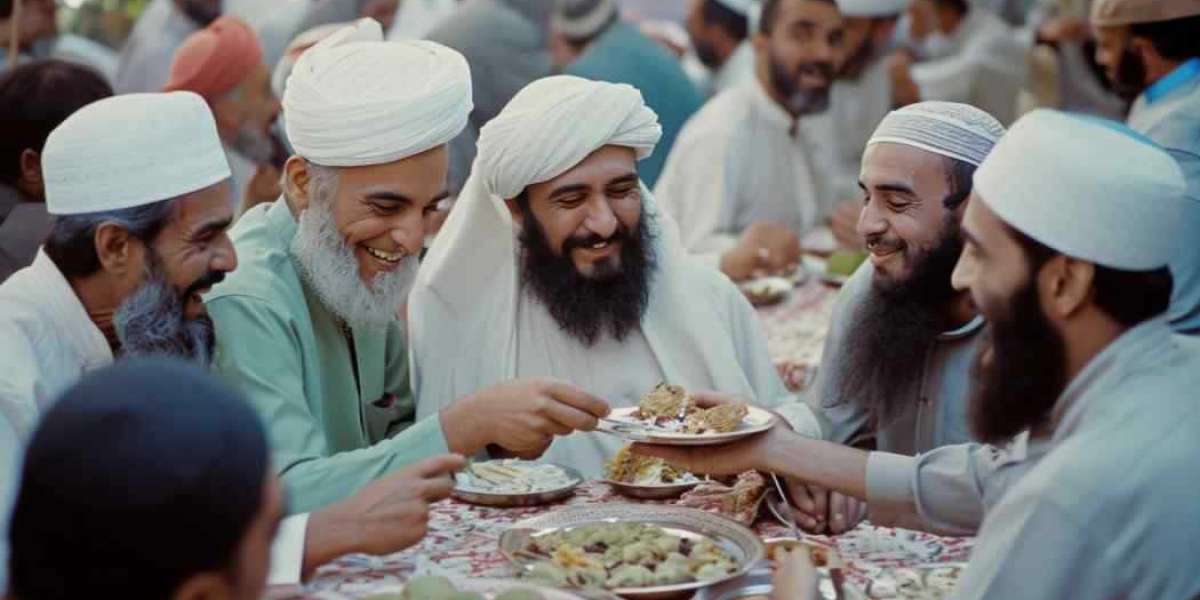As the sun sets and the call to prayer echoes through the air, Muslims around the world gather to break their fast during the holy month of Ramadan. This sacred time is not only about abstaining from food and drink but also about fostering a spirit of giving and compassion. One of the most profound ways this is demonstrated is through charity, which plays a central role in Ramadan observance.
Ramadan, the ninth month of the Islamic lunar calendar, is a time of reflection, self-discipline, and spiritual growth for Muslims worldwide. It is a month marked by fasting from dawn until sunset, refraining from not only food and drink but also from negative behaviors and thoughts. However, Ramadan is not just about personal purification; it is also about reaching out to those less fortunate and making a positive impact on society.
Charity, or "sadaqah" in Arabic, holds great significance in Islam, particularly during Ramadan. It is a fundamental pillar of the faith and is seen as a means of purifying one's wealth and seeking the pleasure of Allah. The Prophet Muhammad (peace be upon him) emphasized the importance of charity, stating, "The believer's shade on the Day of Resurrection will be his charity" (Al-Tirmidhi).
During Ramadan, the act of giving takes on added significance. Muslims are encouraged to increase their charitable activities and to seek out opportunities to help those in need. One of the most common forms of charity during this time is providing iftar, the meal with which Muslims break their fast at sunset, to those who are fasting.
Providing iftar to others is considered highly virtuous in Islam and is believed to bring great rewards. The Prophet Muhammad (peace be upon him) said, "Whoever gives iftar to one who is fasting will have a reward like his, without that detracting from the reward of the fasting person in the slightest" (Al-Tirmidhi).
The impact of charity on Ramadan extends beyond the act of giving food. It fosters a sense of community and solidarity among Muslims, as they come together to support one another during this blessed month. It also serves as a reminder of the blessings that many take for granted and encourages gratitude and empathy for those who are less fortunate.
Moreover, charity on Ramadan has a transformative effect on both the giver and the receiver. For the giver, it is an opportunity to purify their wealth, earn spiritual rewards, and cultivate generosity and compassion. For the receiver, it provides much-needed support and nourishment, easing the burden of hunger and poverty.
Charity on Ramadan also has broader societal implications. It addresses issues of poverty and inequality, promotes social justice, and strengthens the bonds of solidarity within communities. By giving to those in need, Muslims contribute to the welfare of society as a whole and fulfill their duty to help create a more just and compassionate world.
In conclusion, charity plays a vital role in Ramadan, providing an opportunity for Muslims to give back to their communities and make a positive impact on society. Whether it is through providing iftar to those in need, donating to charitable causes, or performing acts of kindness and generosity,Giving charity in Ramadan embodies the spirit of compassion and selflessness that lies at the heart of Islam. As Muslims come together to break their fast with a sense of purpose and generosity, they demonstrate the true essence of Ramadan – a time of spiritual renewal, reflection, and giving.








